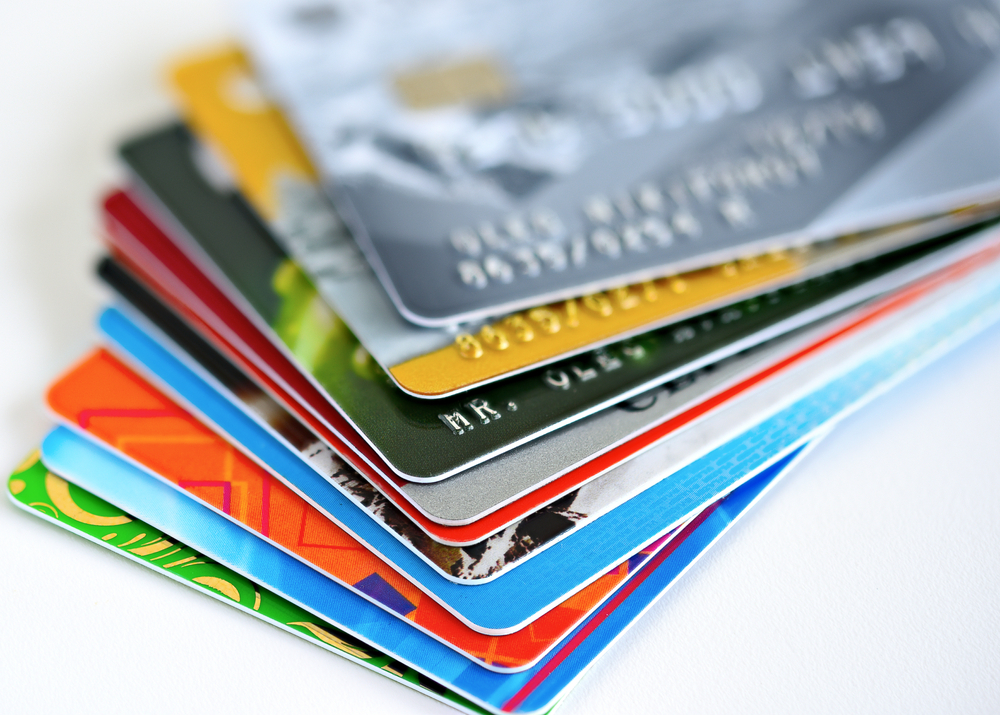Credit Cards & Loans
Brits blowing £17m a month on credit card cash fees

Guest Author:
Emma LunnCredit card users have been warned to watch out for expensive ‘cash advance fees’ on credit cards.
TotallyMoney calculated that Brits are using credit cards to withdraw £240m in cash each month, resulting in a whopping £16.9m in interest charges and fees.
The credit app worked out that the average cash advance of £139 could cost an extra £10 in interest and fees. It also found that the total value of cash advance transactions has rocketed by 38% in the past 12 months.
Just 46% of respondents to a YouGov survey, commissioned by TotallyMoney were aware that withdrawing cash with a credit card means paying extra fees and a higher interest rate.
This news comes as people are turning to cash to help manage the soaring cost of living as inflation continues to tighten its grip on the nation’s finances.
How do cash advance fees work?
Just like with a debit card, you can take cash out of the ATM with a credit card. However, when you do, it’s likely you’ll be charged a ‘cash advance fee’ and a higher rate of interest – with interest charged immediately.

Why Life Insurance Still Matters – Even During a Cost-of-Living Crisis
Sponsored by Post Office
This fee is charged as a percentage of the amount withdrawn, or a flat fee. This will typically be around 3% or £3 – whichever is higher.
When you make a purchase, credit cards provide an average 58 days to clear the balance before you’re charged interest. But with cash advances, interest will kick in from the day you make the transaction, and it’s likely to be at a higher rate than the standard purchase rate on your credit card.
What counts as a cash advance?
Many people assume that a cash advance only applies to using a credit card for ATM withdrawals, but this isn’t the case.
There are several other types of credit card transactions that can be classified as ‘cash’, including paying off buy now pay later debts, utility bills, mortgage payments, and buying foreign currency.
Research by TotallyMoney found that only 7% of consumers realised that paying a utility bill could count as a cash advance.
Alastair Douglas, CEO of TotallyMoney, said: “Consumers should think twice before using a credit card to withdraw cash. Doing so can lead to extra fees and a higher interest rate, meaning you’ll repay more than you borrowed.
“Cash advances will not only cost more, but could impact your ability to access credit in the future. This is because they can act as a red flag to lenders, signalling bad financial management. Those with cash advances on their credit files may be looked at in a negative light by lenders, and so are rejected. This could mean more cash advances are needed to cover costs, so a vicious circle is created.”